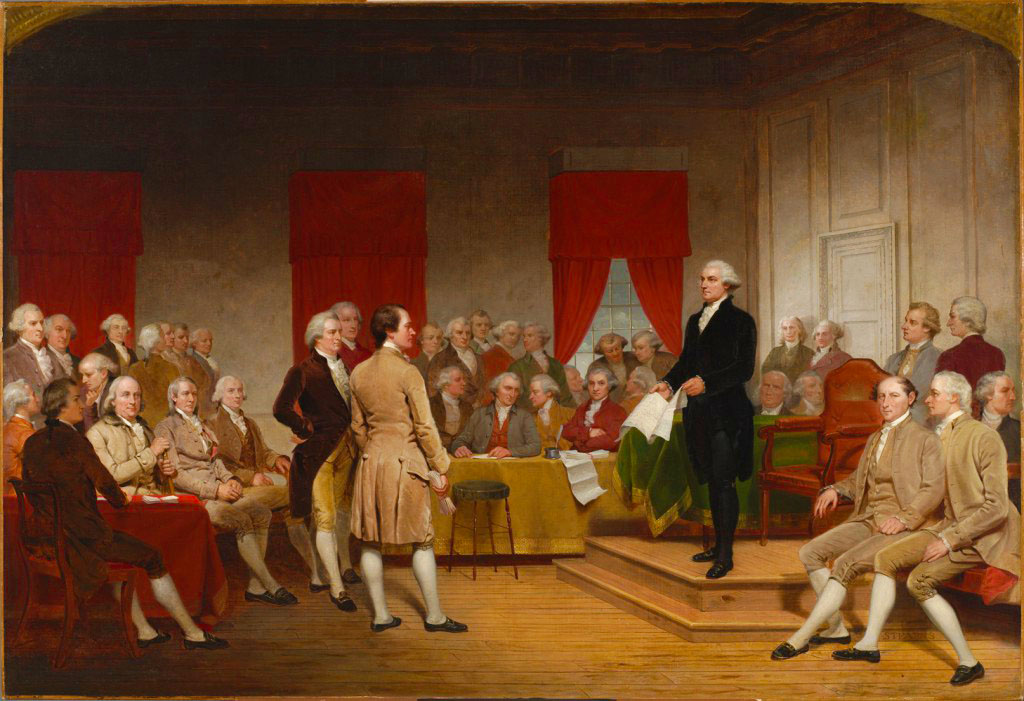The Electoral College and equality

Article by Paul C. Binotto in "The American Thinker":
If the Framers of the United States Constitution were writing it today, rather than coining the lofty and mysterious, and stuffy-sounding term, “Electoral College,” they might have instead opted for another one, no less lofty and mysterious sounding, but indisputably less stuffy, “Affirmative Action.”
This, thanks to the benefit of focus groups, political polling, and market surveys, and of hindsight.
Those were the days of powdered wigs and knee britches, not mop-tops and poly-knit plaid; formality, not flare. The first generation of Americans, not the new generation of Americans.
But this doesn’t mean the Framers weren’t woke to fairness and equality for all, or that they sought to formalize discrimination, or to perpetuate privilege.
For those who accuse the Framers of being out of touch, powerful old white racist rich guys, only interested in ensuring that it stay that way, they need only look to the creation and ingenuity of the Electoral College, funny name and all, for certain proof that they were anything but.
In fact, a good argument can be made, that the Electoral College is the precursor; the prefigurement and inspiration, of all equal and civil rights movements to ever come to America. And, that it laid the groundwork necessary for all other equally justified and important protections of minorities and oppressed to come after.
The Framers saw an Electoral College as vital to protecting minorities against what they would call, “factional majorities”; or in other words, the ability of one major political group to exercise unchecked and unfettered, (and, maybe even perpetual), power over minority political groups; more populous states over less populated ones; greater “privilege” in modern PC speak.
Mob rule is the blunter way of describing it. It probably would come of no surprise to the Framers, if they were today watching the news on their TVs or Smartphones, that mob rule would be endorsed by the same people calling for the elimination of the Electoral College -- they foresaw it, after all.
They would, however, probably find it a little ironic that these same people who enthusiastically embrace minority quotas in employment and education; who think it’s perfectly fine for nationally binding decisions and laws to be made by members of the unelected branch and agencies of government instead of by the people’s elected branch, Congress, would also object so strongly to the minority quotas and elected Electors of the Electoral College; the nation’s first Affirmative Action Program.





Post a Comment